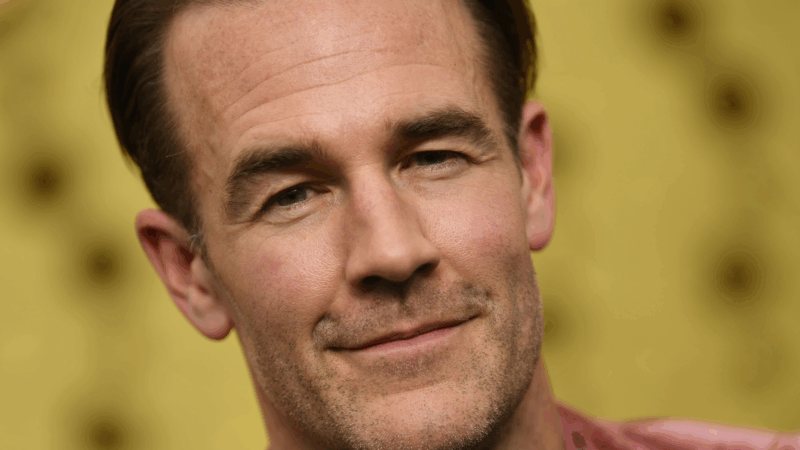Florida moves to ban fluoride from public drinking water
Florida is poised to ban fluoride from its drinking water under new legislation passed by state lawmakers.
The bill now heads to Republican Gov. Ron DeSantis’ desk for a signature. If signed, Florida would become the second state after Utah to ban fluoride from its public water supply.
DeSantis has called water fluoridation “forced medication.” His office did not comment on whether DeSantis would sign the measure.
Water authorities in states across the U.S. have added a small amount of fluoride to water supplies for decades, and experts say it has prevented millions of cavities.
Florida’s Republican-led House of Representatives passed the measure on Tuesday as part of a broader farm bill. The Senate passed the ban earlier in April. Without mentioning fluoride specifically, the legislation would prohibit municipal authorities from adding “water quality additives” to the water supply.
DeSantis’ administration has already recommended the prohibition of fluoride, with the state Surgeon General Joseph Ladapo calling water fluoridation “public health malpractice,” as WUSF has reported.
Before Trump won the election, Robert F. Kennedy Jr., now Health and Human Services secretary, erroneously described fluoride as an “industrial waste” and said the White House would recommend banning the mineral from drinking water.
Kennedy — who subscribes to a number of debunked conspiracies surrounding health and wellness — also blamed the fluoridation of water for a myriad of health problems, including arthritis, bone fractures, bone cancer, IQ loss, neurodevelopmental disorders and thyroid disease.
But dentists and other health experts agree that controlled exposure to the mineral is key to preventing tooth decay and holds minimal risks for negative side effects.
In addition to breakthroughs like vaccines and seatbelts, public water fluoridation is considered one of the greatest public health innovations of the 20th century, according to the Centers for Disease Control and Prevention (CDC).
Earlier in April, the HHS, under Kennedy’s guidance, announced that it had directed the CDC to reconvene an independent panel of 15 health experts to examine the role fluoride plays in water sources and whether it can be detrimental to public health.
The use of fluoride in water has been debated elsewhere.
Calgary, Canada, voted in 2011 to ban the mineral from its water supply, but after a notable spike in dental cavities in the city’s children, the legislature last year reversed its decision.
The Florida ban, if signed into law, would go into effect on July 1.
‘Dawson’s Creek’ star James Van Der Beek has died at 48
Van Der Beek played Dawson Leery on the hit show Dawson's Creek. He announced his colon cancer diagnosis in 2024.
A Jan. 6 rioter pardoned by Trump was convicted of sexually abusing children
A handyman from Florida who received a pardon from President Trump for storming the U.S. Capitol on Jan. 6, 2021, was convicted on state charges of child sex abuse and exposing himself to a child.
A country-pop newcomer’s debut is your reinvention album of 2026
August Ponthier's Everywhere Isn't Texas is as much a fully realized introduction as a complete revival. Its an existential debut that asks: How, exactly, does the artist fit in here?
U.S. unexpectedly adds 130,000 jobs in January after a weak 2025
U.S. employers added 130,000 jobs in January as the unemployment rate dipped to 4.3% from 4.4% in December. Annual revisions show that job growth last year was far weaker than initially reported.
Greetings from Mexico City’s iconic boulevard, where a dog on a bike steals the show
Every week, more than 100,000 people ride bikes, skates and rollerblades past some of the best-known parts of Mexico's capital. And sometimes their dogs join them too.
February may be short on days — but it boasts a long list of new books
The shortest month of the year is packed with highly anticipated new releases, including books from Michael Pollan, Tayari Jones and the late Nobel laureate Mario Vargas Llosa.





